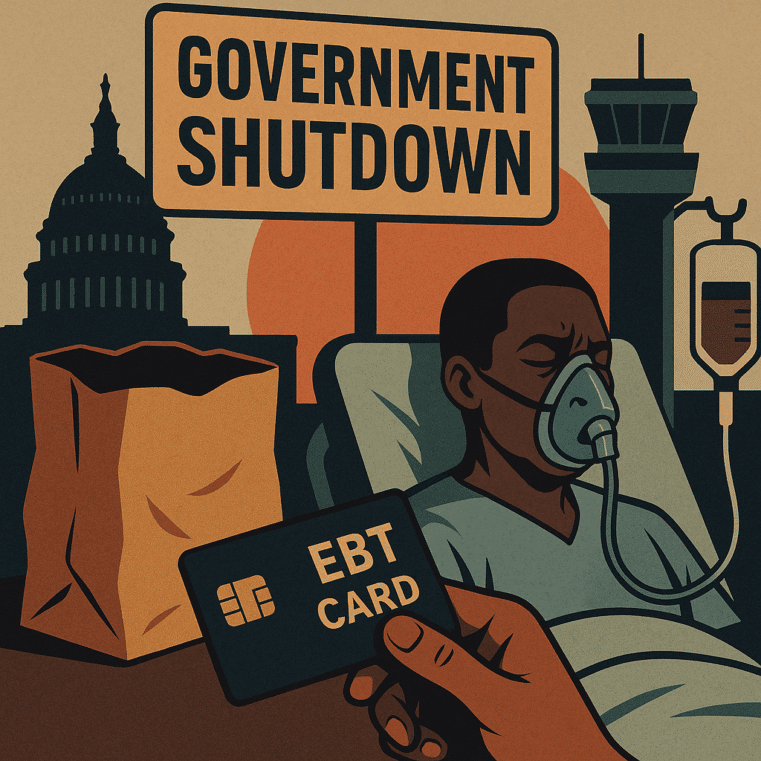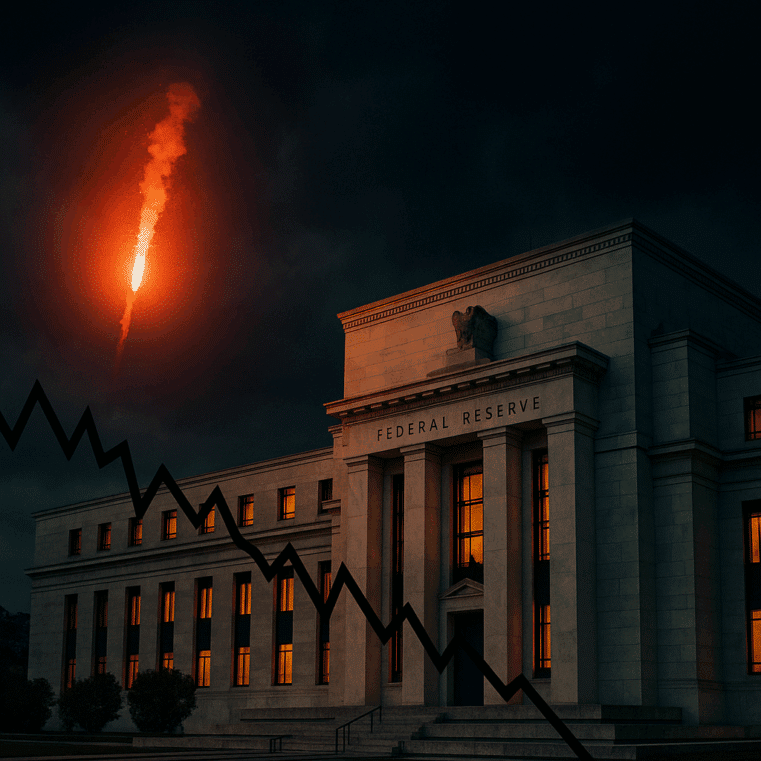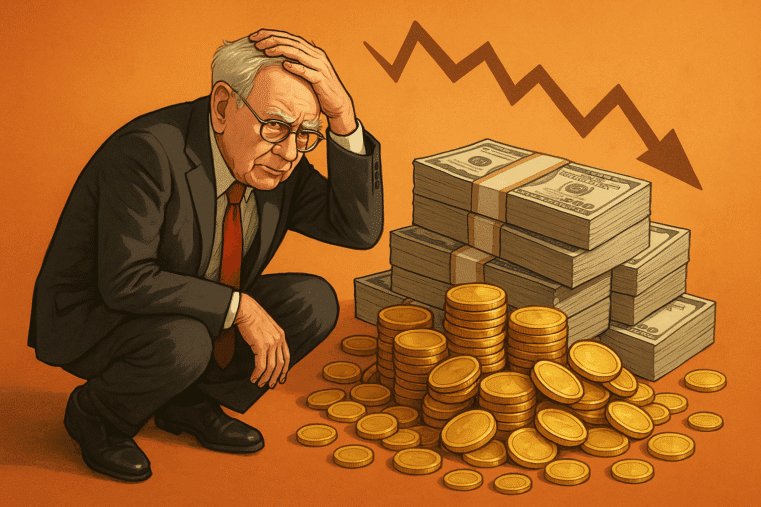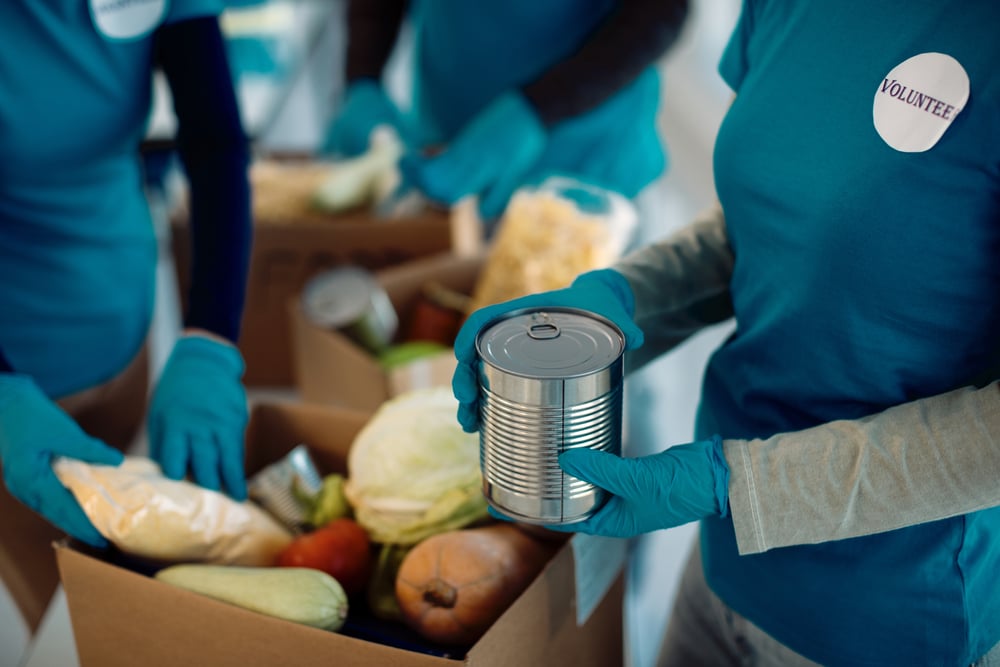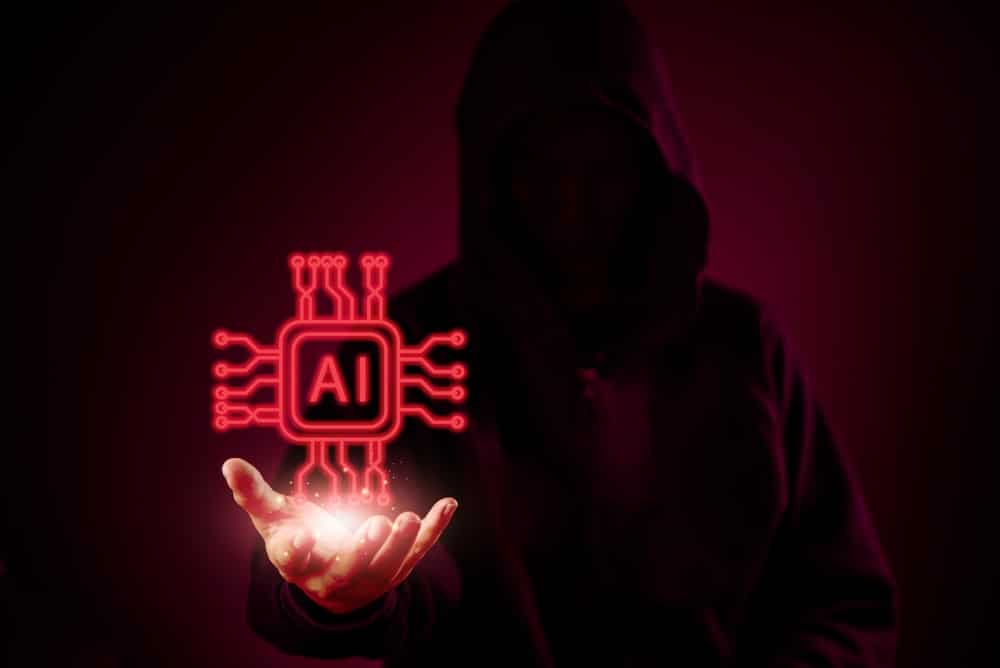
Your Bank, Its Employees, and Rogue Fraudsters Are All After Your Money
The Banking System Is Designed to Bleed You Dry
Banks are not public utilities. They’re corporations with one job: to extract as much profit as possible from every account they touch. They hit you with overdraft fees, transaction fees, inactivity fees, and ATM fees. They gamble with your deposits through fractional reserve lending, then beg for bailouts when they lose the bet—while you get nothing but a 0.01% interest rate and a polite smile.
And don’t forget: this system is legally structured to favor them. When your bank fails—and many will—you’re lucky if the FDIC can even cover what’s owed. In 2008, they told us these banks were “too big to fail.” Now, they’re “too connected to jail.” And you? You’re too disposable to matter.
The Enemy Inside the Vault
Let’s talk about Jermal McGlown, a wire transfer administrator at First Horizon Bank who stole customer data and handed it off to co-conspirators. They used that info to drain accounts via fake wire transfers, racking up $42,000 in losses. McGlown didn’t hack the system—he was the system. A trusted employee, embedded like a parasite in the institution you rely on to protect your life savings.
This isn’t an isolated case. The FDIC has dozens of enforcement actions against rogue employees every single year. These aren’t just slip-ups—they’re symptoms of a decaying, insecure infrastructure managed by a bureaucracy that’s too slow to react and too arrogant to care.
The Wolves in Sheep’s Clothing
The external threat is evolving fast. In Florida, a 22-year-old scammer posed as a Wells Fargo employee and tricked an elderly victim into draining their own account—$20,000 gone in a heartbeat. The victim panicked under the psychological warfare of fake investigators, legitimate-looking text messages, and high-pressure calls. The system didn’t fail them. It set them up to fail.
Even worse: in New Mexico, a scammer impersonating an FDIC investigator walked off with $60,000 in cash. The victim’s phone was locked down remotely. A fake agent showed up with a counterfeit badge and walked away with the loot—in person. This is next-level social engineering. This is what happens when you put all your trust in digital infrastructure that can be hijacked with a convincing voice and a fake credential.
The Takeaway: Get Out While You Still Can
Your money isn’t safe in a bank. Period.
Not from the banks.
Not from their employees.
Not from the fraudsters who’ve figured out that the only thing easier than hacking a system is manipulating the human who uses it.
You need a firewall between your wealth and the system. That firewall is gold.
Gold doesn’t crash because a 22-year-old posts selfies with your savings.
Gold doesn’t vanish because a wire transfer monkey decides to flip for a quick payday.
Gold isn’t locked behind a PIN, a server farm, or a login screen.
Gold is real, private, and resilient.
And don’t think for a second the government won’t eventually come for that too. Just ask FDR’s victims in 1933 when the feds ordered citizens to hand over their gold or face prison time. When the financial system buckles—and it will—your bank account is the first target. Don’t wait until it’s too late to act.
Call to Action
Before the next crisis hits, get armed with knowledge that can save your future. Download Seven Steps to Protect Yourself from Bank Failure by Bill Brocius—a free survival guide for anyone smart enough to smell smoke before the fire spreads.
Stay dangerous,
Derek Wolfe



